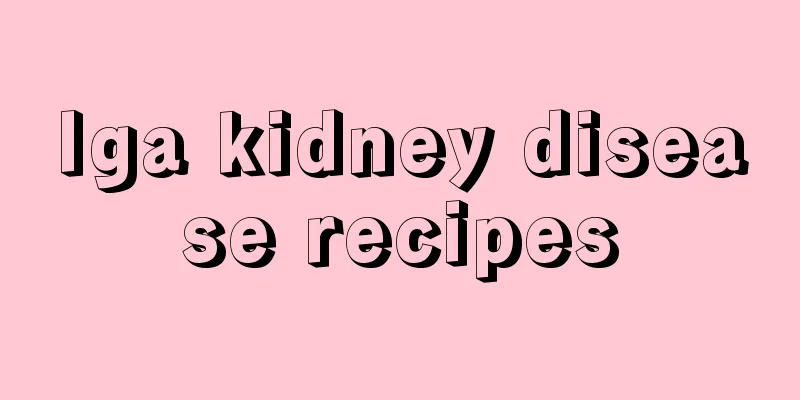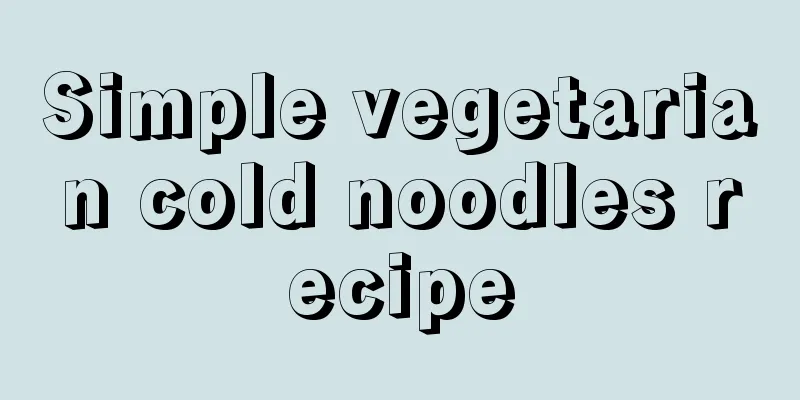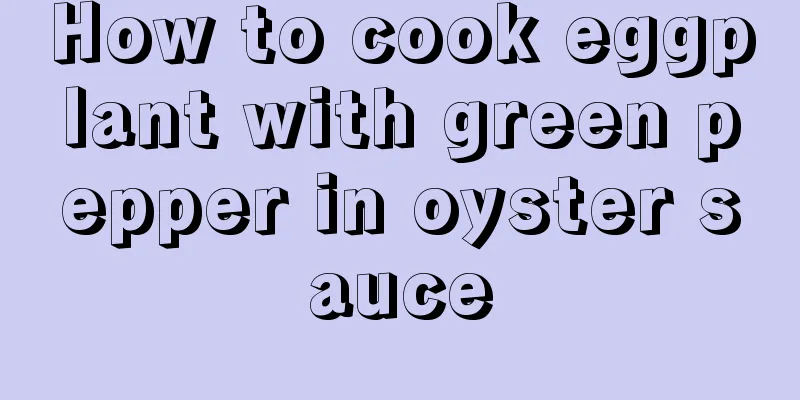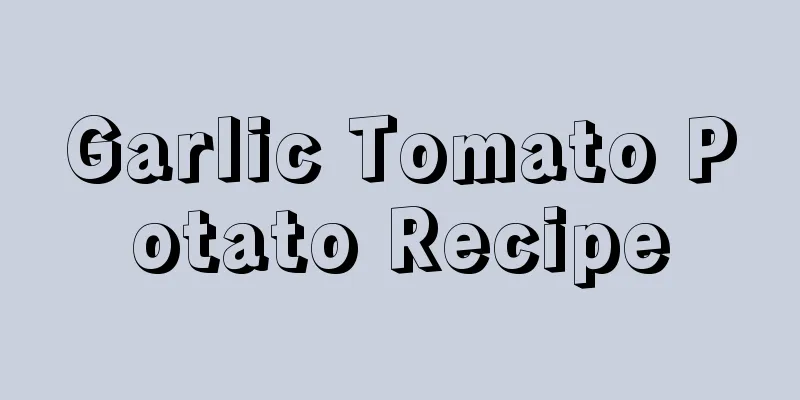Iga kidney disease recipes

|
Iga nephropathy is a disease with a high incidence rate in clinical practice. Patients with Iga nephropathy will experience symptoms such as low back pain and abdominal pain. Some people may also experience edema, high blood pressure and other phenomena. It has a great impact on people's physical health and daily life. Iga nephropathy needs to be actively treated. However, during the treatment, Iga nephropathy patients should also pay attention to their diet, and many foods cannot be eaten. Iga kidney disease recipes Managing your diet has a great impact on the treatment of kidney disease. Good eating habits and dietary principles can play a key role in protecting kidney function. Proteinuria is a typical symptom of kidney disease, which everyone knows. Long-term protein loss will not only lead to reduced glomerular filtration function, but further damage to renal function will cause hypoproteinemia. Therefore, patients with kidney disease must adhere to the principle of small amounts of high quality in their protein diet. This not only ensures the intake of nutrients, but also avoids excessive protein intake and aggravation of proteinuria. There is no need to restrict protein intake too much in patients with impaired renal function. For patients with stage III kidney disease, renal impairment will worsen and the protein intake for each person should be controlled at 0.6 to 0.8 grams per kilogram of body weight per day. The main sources of high-quality protein are eggs, milk, meat and soy protein. Eggs are the main source, one a day is enough, and milk is the main source, a 60 ml bag a day is enough. It is not recommended to eat red meat. You can eat more white meat, such as fish, chicken, etc. IGA kidney disease patients with fever are advised to eat more fresh fruits and vegetables. As long as vegetables are in season and fresh, you can eat them, such as cabbage, potatoes, cucumbers, tomatoes, eggplants, cabbage, and beans. But you must be careful to limit salt intake when cooking these vegetables. A low-salt or salt-restricted diet is very important. If the patient has no edema, normal blood pressure and normal renal function, the salt intake can be relaxed to six grams per day. Once edema, hypertension, or renal failure occurs, the salt intake should be limited to two to three grams, or even less than two grams. Therefore, once the patient has obvious edema, in addition to strictly limiting salt intake, it is also recommended to reduce the intake of water in the food, including drinking water, soup, fruits, and vegetables. In this case, the intake of vegetables should be reduced. Once obvious renal failure occurs, the intake of potassium-containing foods must be reduced and a low-potassium diet should be followed. |
>>: Homemade sweet and sour fish recipe
Recommend
How to make baked cornelian curly noodles
For many female friends, they are very envious wh...
How to cook stew
Many people complained that the food was bad, so ...
Salted duck legs recipe
Summer has just passed and the food delivery staf...
How to make honey layer cake
The Internet is so developed that you can learn t...
How to make garlic sliced loofah
There are so many things in China, do you want to...
How to cook hairtail fish with scallion oil
In fact, many times, cooking not only makes you h...
How to make red bean and sweet lotus root porridge
It is the wish of many housewives to constantly i...
Mint rose tea recipe
If you live near a hospital, you will find that m...
How to knead dough by hand
If you want to capture a man's heart, you mus...
How to make blueberry coconut nut cookies
For animals, eat is a verb. But for us humans, it...
How to make leaf bean paste bread
Nowadays, many people are in sub-healthy conditio...
How to make fried rice noodles with mung bean sprouts
High work pressure is a problem that many people ...
How to make Jade Jade Brown Sugar Tangyuan
We are a group of people who keep shouting about ...
Lotus root and pig's trotter soup recipe
Many new wives are very troubled by cooking skill...
How to make spicy grilled fish on bamboo skewers
People often complain about being stressed, havin...









